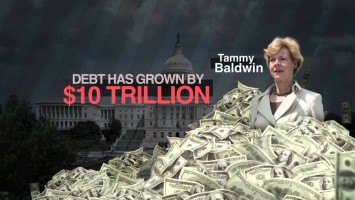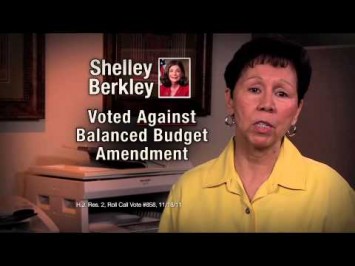Americans now hold a trillion dollars in student loan debt, in large part because tuition has soared and state policies have shifted more and more of that increasing burden off taxpayers and onto would-be students. The remarkable threshold of aggregate debt has focused attention on a variety of legislative battles over financial aid programs. The interest rate on federally subsidized Stafford Loans was set to double this summer, for instance, until a late June compromise. Congressional Republicans had said the only impasse was over how to pay for the lower rates going forward, but the budget House Republicans passed this spring would have allowed the rates to double while also imposing steep cuts to the Pell Grant program for low-income students. The contrast between progressive and conservative aims for financial aid spending was perhaps clearest in 2010, however, when Democrats ended billions in giveaways to the banks who had acted as middle men for federally guaranteed loans; Republicans decried that efficiency move as a government “takeover” of the student loan industry.
Rising Tuition, Shrinking Public Funds, And A Trillion Dollars In Student Debt
Total Student Loan Debt Outstanding Has Reached Approximately $1 Trillion. From Inside Higher Ed: “Total student debt will pass $1 trillion soon, or surpassed that mark months ago or just last week, depending on which analysis you choose. (The Federal Reserve in March said total outstanding student loan debt stood at $870 billion. The Consumer Financial Protection Bureau believes the debt surpassed $1 trillion several months ago. The Occupy movement picked April 25 to commemorate the $1 trillion mark with marches and protests.) Americans now owe more on student loans than they do on credit cards.” [Inside Higher Ed, 5/3/12]
Read more after the jump.





